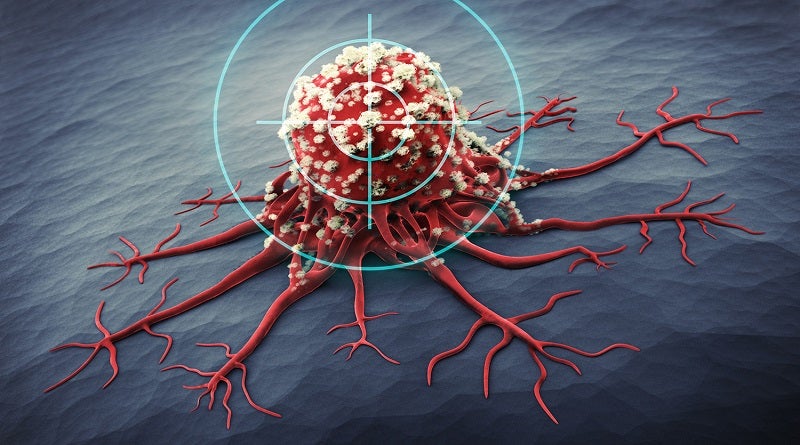

The US Food and Drug Administration (FDA) has issued a ‘safe to proceed’ letter for Carina Biotech’s investigational new drug (NDA) application to commence a Phase I/IIa clinical trial of CNA3103 to treat advanced colorectal cancer (CRC).
A total of 44 metastatic disease patients who are failing previous lines of chemotherapy and express LGR5 on their cancer cells will be enrolled in the first-in-human Phase I/IIa clinical trial.

Discover B2B Marketing That Performs
Combine business intelligence and editorial excellence to reach engaged professionals across 36 leading media platforms.
The Phase I segment will enrol 24 patients in select centres in Australia.
It will follow a Bayesian Optimal Interval (BOIN) design and each patient will receive ascending doses of chimeric antigen receptor T cells.
This segment will evaluate the tolerability and safety of CNA3103 and also determine its optimal dose.
Up to 20 participants at the optimal dose in Australia and the US will be enrolled in the Phase II segment.

US Tariffs are shifting - will you react or anticipate?
Don’t let policy changes catch you off guard. Stay proactive with real-time data and expert analysis.
By GlobalDataThe Phase II segment will characterise the CNA3103 activity in terms of antitumour response, along with the duration of response and time to disease progression.
Carina CEO Deborah Rathjen said: “Our positive engagement with the FDA marks a major step forward for Carina and our continued efforts to develop CNA3103 as a potential treatment for the third most common cancer in the US and worldwide, colorectal cancer.
“The FDA’s letter provides the pathway for this clinical trial and further validates that a significant unmet need exists for more effective treatment options for colorectal cancer.
“Preparations, including site selection, are underway as we aim to commence enrolling patients during the first half of 2023.”
CNA3103 is the company’s LGR5-targeted CAR-T therapy candidate.
It demonstrated complete tumour regression and no tumour recurrence after a single administration in pre-clinical studies.
The CAR-T therapy candidate also showed prolonged survival and better tumour access.
Cell & Gene Therapy coverage on Clinical Trials Arena is supported by Cytiva.
Editorial content is independently produced and follows the highest standards of journalistic integrity. Topic sponsors are not involved in the creation of editorial content.

